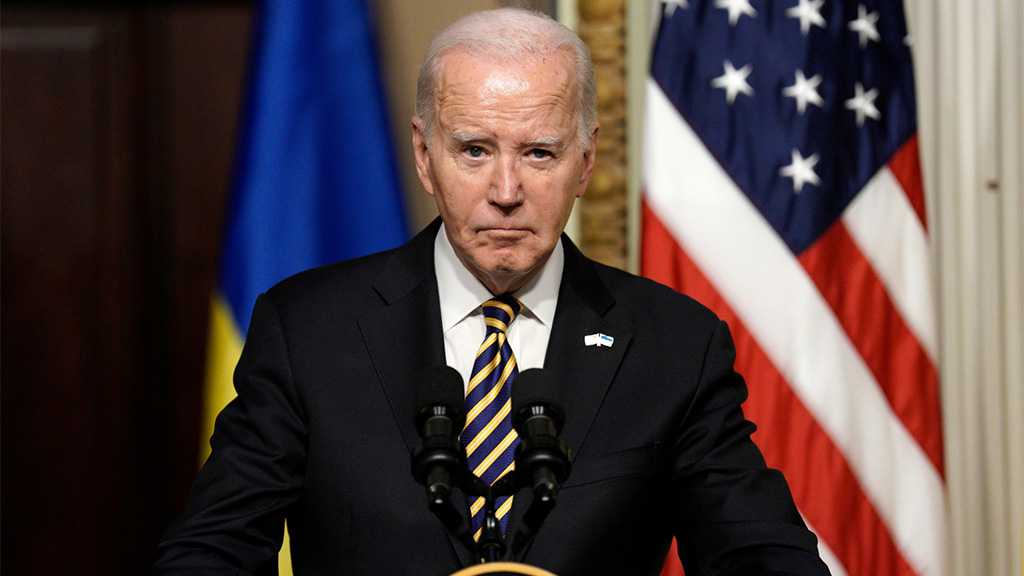
Colombian Mercenaries Are Refusing to Fight in Yemen

Local Editor
Colombian mercenaries hired by the UAE are refusing to fight in Yemen as part of the Saudi-led coalition, saying their contracts were to cover work in the UAE only.

The Gulf nation had been recruiting fighters from Latin America since 2010 to carry out domestic missions - including guarding pipelines and other important infrastructure projects and riot control - but had been offered increased pay to fight in Yemen as the conflict there drags on.
According to a former Blackwater employee who left the Colombian army in 1990 and had worked in Afghanistan, the UAE, Qatar, and Djibouti, these mercenaries "were not recruited for combat missions. It was for security and protection missions. So they are not considered mercenaries."
In November, Colombian soldiers - along with mercenaries from Panama, El Salvador, and Chile - were deployed in Yemen to protect the port of Aden from attacks carried out by groups affiliated to al-Qaeda. In addition to what was thought to be a security mission, six Colombian mercenaries were killed alongside an Australian commander, Philip Stitman, in early December as they advanced towards the al-Amri area of Taiz as part of an offensive to regain control of the city from Ansarullah forces.
It is difficult to confirm the reports surrounding the mercenaries as the Emirati government refuses to comment on the issue, but the source said that 300 Colombian recruits "decided voluntarily" to fight in southern Yemen, a decision for which they are paid a bonus of $1000 a week in addition to the $2,000-$3,000 a month salary they already receive.
This was a smaller number than previously reportedly intended, with the UAE hoping to send 800 soldiers to fight in the conflict. "The Colombians were supposed to pass unnoticed as local Emirati troops, and that caused a large number of them to desert," he said. "They said their contract was in the UAE and not fighting other people's wars."
It is unclear how many mercenaries refused to fight, but a report from the Spanish language HispanTV sites "Western sources" putting the number at 300.
Latin American forces are attracted to the Emirati contracts by the money promised, one retired officer told Colombian daily, El Tiempo, that soldiers were attracted by the promise of security for their families if the soldiers did not return and that the they had "made a decision in response to the lack of [financial guarantees at home]."
The Gulf monarchies like to hire from Colombia for the soldiers experience in fighting insurgencies at home and prefer to rely on mercenaries, as opposed to recruiting and training from the domestic population, as it provides a faster alternative to building a strong fighting force. "The gulf countries, and the UAE in particular, don't have a lot of military experience. It would make sense if they looked outside their borders for help," an official familiar with the operation in the Obama administration said in 2011. "They might want to show that they are not to be messed with."
These hired hands also reduce the risk of political backlash at home from the conflict as fewer mercenaries after 45 soldiers from Saudi Arabia and Bahrain as well as special operations troops from the Emirates died in a rocket attack in early September.
Source: News Agencies, Edited by website team
Comments



